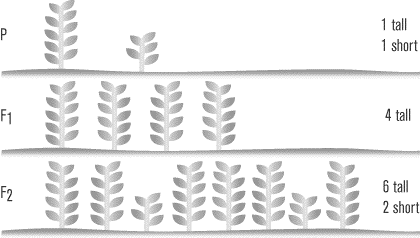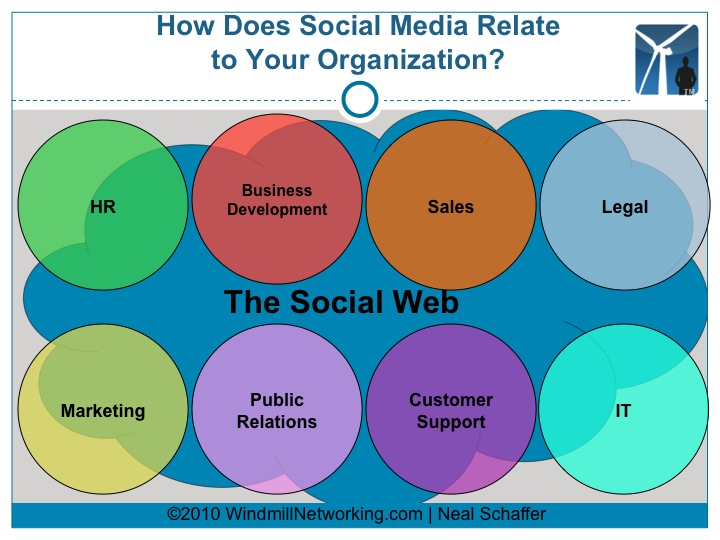Dark, gloomy and lifeless; what life would be like without our phototrophic friends. Plants make up the largest biomass on Earth and are essential for the existence of humans and animals. The most abundant polymer on this planet called cellulose is contained in the primary and secondary cell walls of these plants, which also helps them stand upright. On the other hand, cellulose is becoming increasingly important to humans as well. “How?”, you may ask. Well, let us explain.

Tea Leaves Growing in the Field. Source: Wallpaper Up
First, let’s talk about fossil fuels. Since the mid-1700s, fossil fuels have been the primary source of energy. We use them for cars, airplanes, electricity, our homes, and so much more. Altogether, fossil fuels provides 93% of the world’s energy use. However, they are non-renewable and supplies are near depletion.

Types of Fossil Fuel Used to Generate Electricity. Source: Wikipedia
Fortunately, scientists have been able to create a biofuel called cellulosic ethanol from cellulose and use it as an alternative fuel source. There are two ways to make cellulosic ethanol: biochemically or thermochemically.
In Susan L. Nasr’s article, she first explains the biochemical conversion of cellulosic ethanol from corn. Corn stalks are first collected and transported to a refinery. In the refinery, they go through a series of: grinding, decomposition by acid and enzymes, fermentation, stillage, which is the separation of alcohol from everything else, and finally, distillation, where the alcohol is purified to fuel grade.
Nasr then enlightens us on the thermochemical conversion of wood to cellulosic ethanol. The plants go through a process of dehydration, gasification, compression, and transformation, with the help of a metal catalyst, into ethanol. Again, the ethanol can be purified to fuel grade.

The Production of Cellulosic Ethanol. Source: BioEnergy Consult
The discovery of an alternative for fossil fuels is a remarkable breakthrough. However, the production of cellulosic ethanol is still being perfected as costs are expensive and the methods are not very eco-friendly. Scientists need to fully understand the synthesis of cellulose, particularly in the secondary cell walls of plants. In the past, this has been a consistent problem. This is because the cells that make the secondary cell walls are in the vascular tissues at the center of plants, which are extremely hard to image. Fortunately, Miranda Meents and her colleagues conducted an experiment and managed to view the cellulose synthase complexes in secondary cell walls of the epidermal cells in Arabidopsis. To get a better understanding of the research conducted by Miranda and her team, take a look at our highly informative news report:
During our interview with Miranda, we realized that not very many people understand a plant’s cell wall structure. So we went around campus asking students what they know about plant structure. If you want to hear their answer, then feel free to listen to the podcast below:
So there you have it! With the help of Miranda and her colleagues’ research, we are now closer to a full understanding of cellulose synthesis, and further perfecting the production of biofuels from cellulose!
-Bowen Zhao, Kheman Hara, Ravjot Ahluwalia, Stephanie Lam




















